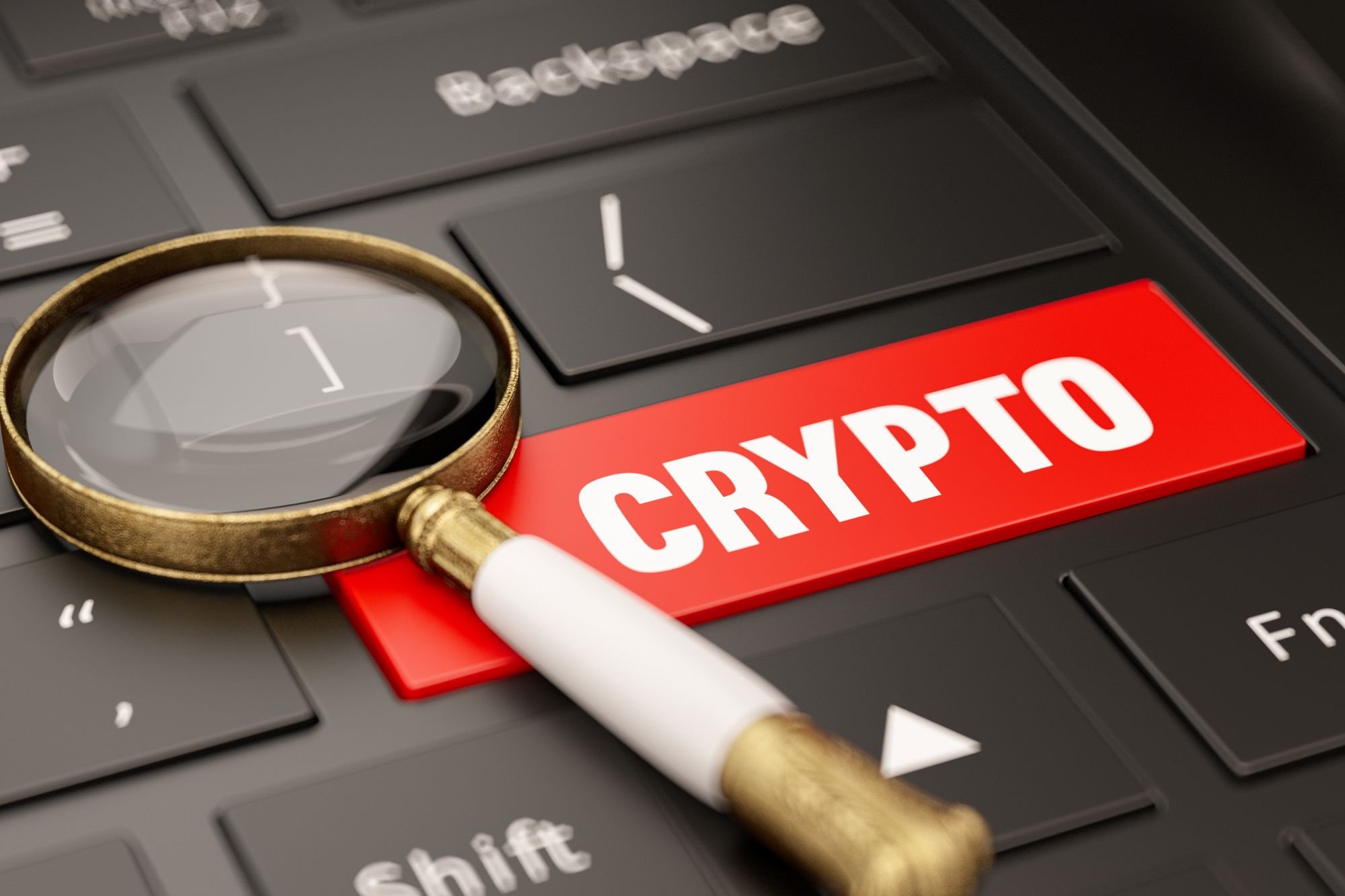Bitcoin (BTC 0.08%) is the largest cryptocurrency by a wide margin, with a market cap of about $2.3 trillion (as of Sept. 30). And while it has performed well recently, there are other top coins that have been more successful.
Over the last year, XRP (XRP 1.50%) has been the best performer among the top 10 cryptocurrencies. It's up 349%, far ahead of Bitcoin's 74% return, and it could go even higher in the near future. The Securities and Exchange Commission (SEC) is expected to rule on spot XRP ETFs within the next few weeks.
Is XRP the better investment than Bitcoin at this point? Let's see how they compare to decide which one you should hold in your crypto portfolio.

Image source: Getty Images.
Two very different types of cryptocurrencies
Bitcoin and XRP are both well-known cryptocurrencies with sizable market caps, but that's where the similarities end. Bitcoin is a digital asset used as a store of value. It derives value from its built-in scarcity -- there's a fixed maximum supply of 21 million Bitcoin, after which no more can be mined.
You can use Bitcoin as a payment method, and that's the original purpose. But it's not a particularly efficient payment method, as transactions normally take 10 minutes or longer and cost about $1. During periods of high network activity, transaction fees and processing times can spike. For a brief period in 2024, average Bitcoin transaction fees exceeded $100. Most people look at Bitcoin as an investment to buy and hold nowadays.

CRYPTO: BTC
Key Data Points
That's not the case with XRP. Ripple, the developer, created XRP as a faster way to send and receive funds, specifically for cross-border payments. XRP delivers on that goal, as transactions settle in three to five seconds and cost under $0.01. So, of the two cryptocurrencies, XRP has more utility as a payment method. However, that doesn't necessarily make it the superior investment.
XRP hasn't demonstrated long-term value yet
The main reasons to invest in Bitcoin are to diversify your portfolio, as it's the leading digital asset, and to protect against inflation. There's still debate over Bitcoin as an investment, but it's hard to argue with the results so far. It used to be worth pennies, and 15 years later, its price was over $100,000. And while Bitcoin has plummeted several times, it has always rebounded and gone on to new highs.
The case for XRP is that as financial institutions adopt Ripple's payment solutions, it will drive demand for XRP. On RippleNet, a blockchain payments network, XRP provides On-Demand Liquidity (ODL) for banks that need it. Instead of holding foreign currencies in pre-funded accounts, banks can convert their national currency to XRP to send international payments on RippleNet. The recipient can then convert the XRP to their own currency.
On the surface, it makes sense. But most financial institutions that use RippleNet do so without the ODL feature, and they don't buy XRP. Ripple has also been making a push into stablecoins recently. It bought Rail, a stablecoin payments platform, in August. At the end of last year, it launched Ripple USD, its own U.S. dollar stablecoin.

CRYPTO: XRP
Key Data Points
These moves cast doubt on XRP's future, and even though it has done well lately, its performance has been primarily due to the political climate. XRP skyrocketed after the election of Donald Trump, who ushered in a more crypto-friendly regulatory environment. This was especially beneficial for XRP, as issuer Ripple was involved in a lawsuit with the SEC at the time.
Bitcoin is the more proven choice
I wouldn't recommend that crypto investors forget about Bitcoin. It has the longest track record of success, and for the most part, when the crypto market is doing well, so is Bitcoin. No cryptocurrency is an entirely safe investment, as the entire market is volatile, but Bitcoin has been the most resilient.
XRP has an uncertain future, but it could be successful if Ripple can incorporate it into more payment services or convince more banks to use it for liquidity. You may want to wait and see if XRP adoption increases before deciding whether to invest.
Ultimately, there's no need to choose between these two cryptocurrencies. Many investors hold Bitcoin and XRP in their portfolios. Personally, if I were going this route, I'd allocate more money toward Bitcoin and make XRP a smaller holding. But it all depends on your appetite for risk and how bullish you are on XRP. Remember, crypto should only make up a small portion of a well-diversified portfolio.





